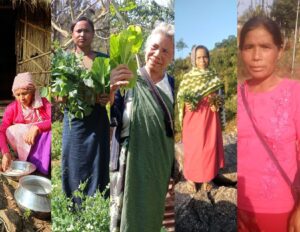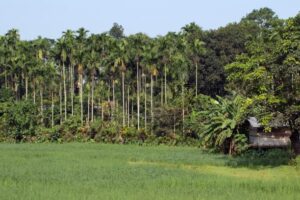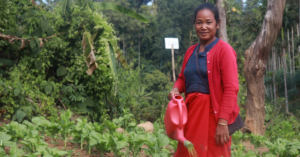Indigenous Peoples account for 6.2% of the global population and are custodians of vast diversity of unique cultures, traditions, language, knowledge and food systems. Every year, the 9th of August is celebrated as the International Day of the World’s Indigenous Peoples. This year, the UN has set the theme for the event as “Leaving no one behind: Indigenous peoples and the call for a new social contract” with a goal to demand for Indigenous Peoples’ inclusion, participation and approval in the constitution of a system with social and economic benefits for all.
The celebration of the International Day of the World’s Indigenous Peoples has been earmarked to review social contracts that have often marginalised Indigenous Peoples.
NESFAS, along with its indigenous partner communities also join the rest of the world in celebrating the event with a clear understanding of the goals in demand.
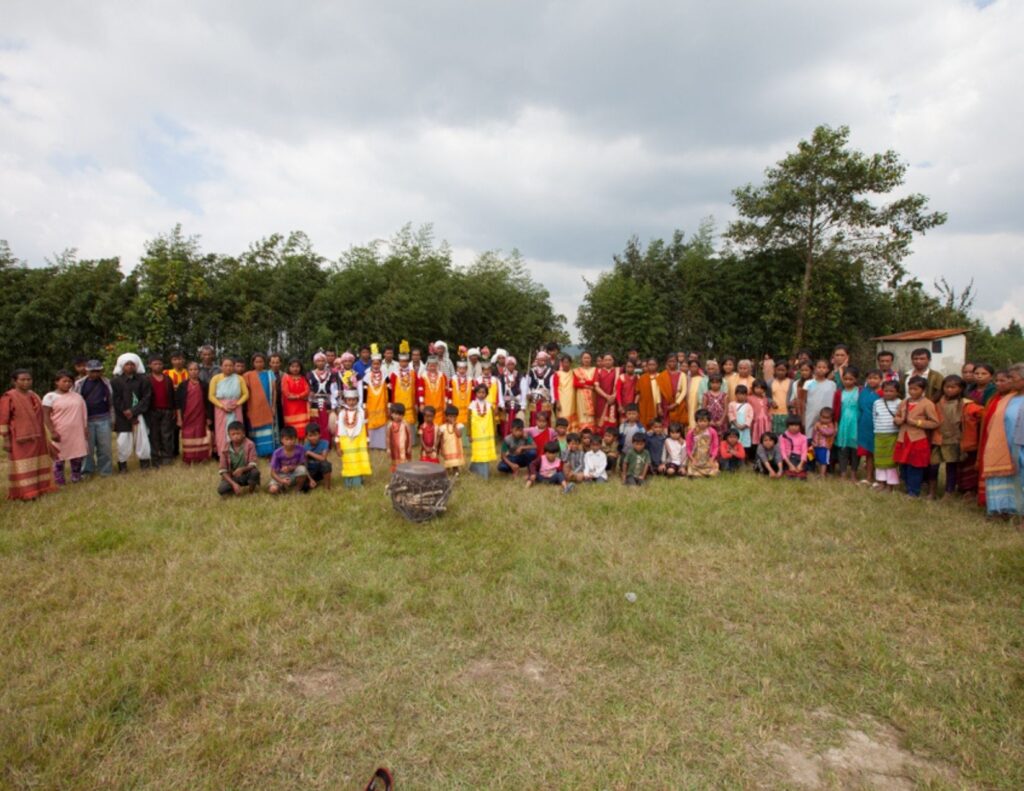
Ever since the ITM 2015, the Shillong Declaration which was signed by 170 indigenous food communities and delegates from 62 countries worldwide has acted as a blueprint for NESFAS’ various undertakings. Empowering Indigenous Peoples and protecting as well as progressing Indigenous food systems and agrobiodiversity has been the guiding principles for NESFAS. Much of the initiatives undertaken by NESFAS have been strategically aimed to level the playing field for Indigenous communities and portraying them as beacons of hope.
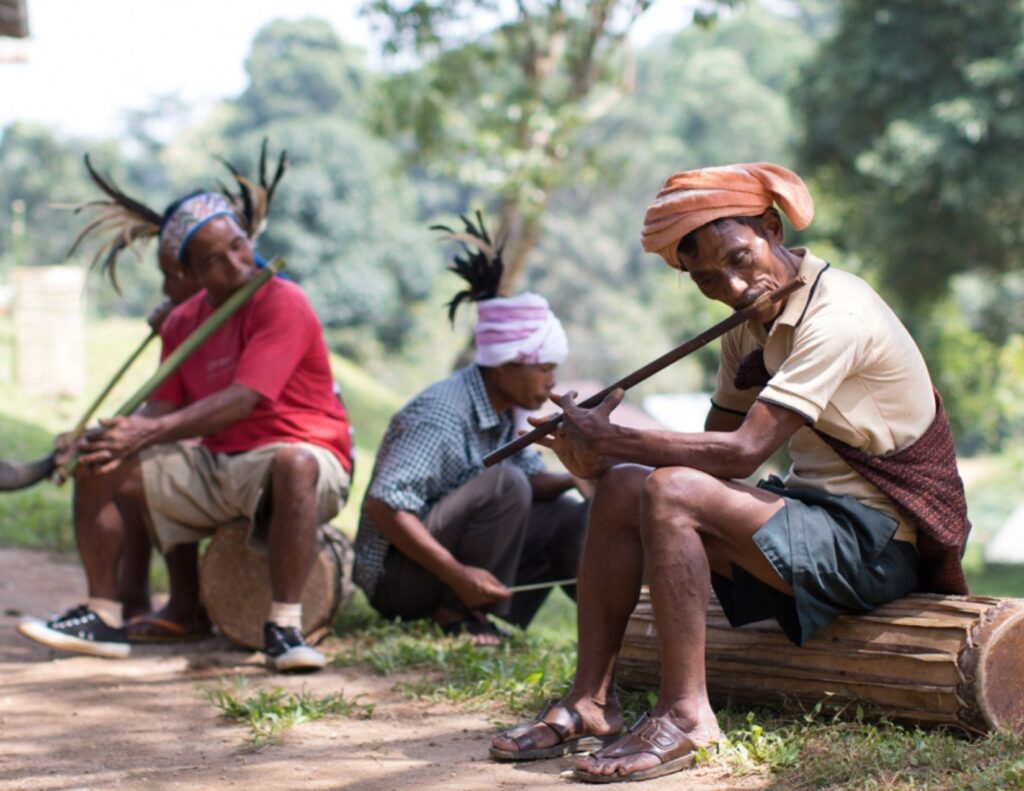
In concurrence with the above, NESFAS entered into a partnership with REC in 2018 for a project titled “No one shall be left behind initiative: Biodiversity for Food, Nutrition and Energy Security for 3000 Households in Meghalaya and Nagaland, North East India.”
In the past few years, NESFAS, through its various initiatives and campaigns, has been very instrumental in bringing forward solutions to address these gaps within the Social Contract realm at the grassroots level in Meghalaya and Nagaland, North East India.
Chief among this is the inclusion of women in Dorbars that has been achieved in Nongtraw village. Dorbars are often considered the sanctum of men in the indigenous communities of Meghalaya. However, the change adopted by Nongtraw has created ripples across communities in Meghalaya as other communities also look at the inclusion of women in Dorbars for community decision making practices.
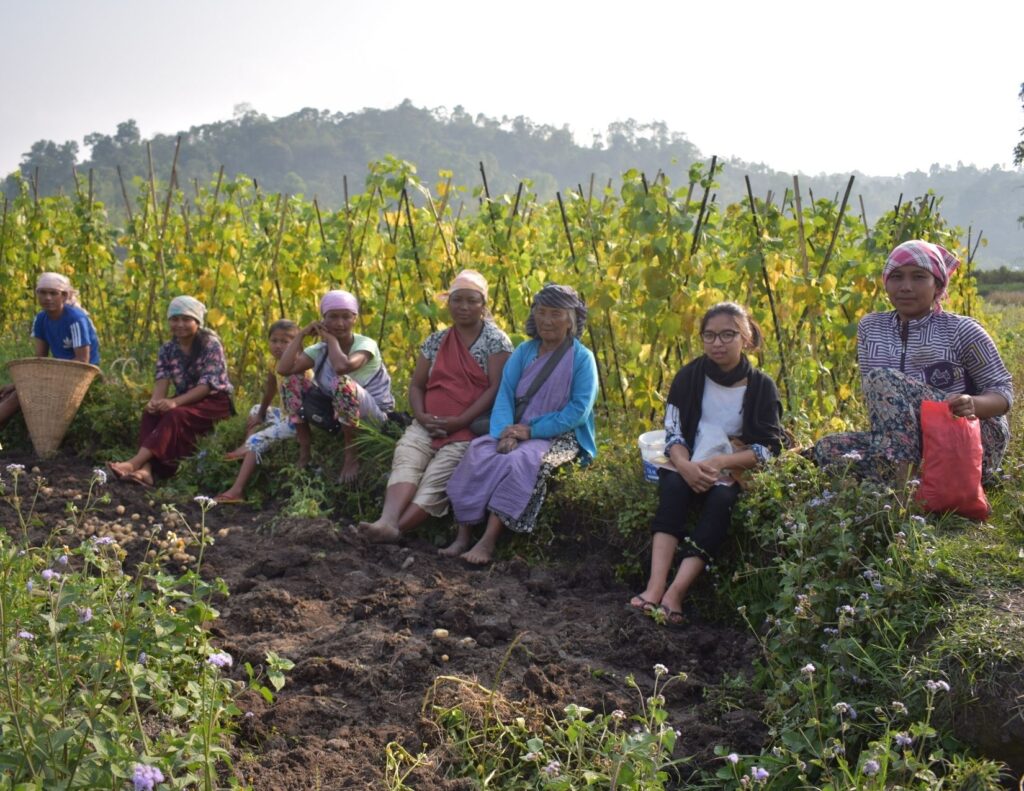
Indigenous communities from Meghalaya were also exemplary in their response to the second wave of COVID-19. Khweng, a village in Bhoirymbong block, Ri-Bhoi District was among the villages that were hit hardest by the pandemic. When early tests indicated a community transmission, Khweng along with neighbouring village Liarsluid pooled resources together to tackle the spread of the virus. Over the course of the months that followed, the two villages expertly managed the pandemic in spite of minimal preparedness and lack of prior training and infrastructure to handle the crisis of a pandemic. The experience of Khweng and Liarsluid in battling the COVID-19 provided a significant blueprint for action for indigenous communities to adopt to meet escalating challenges.
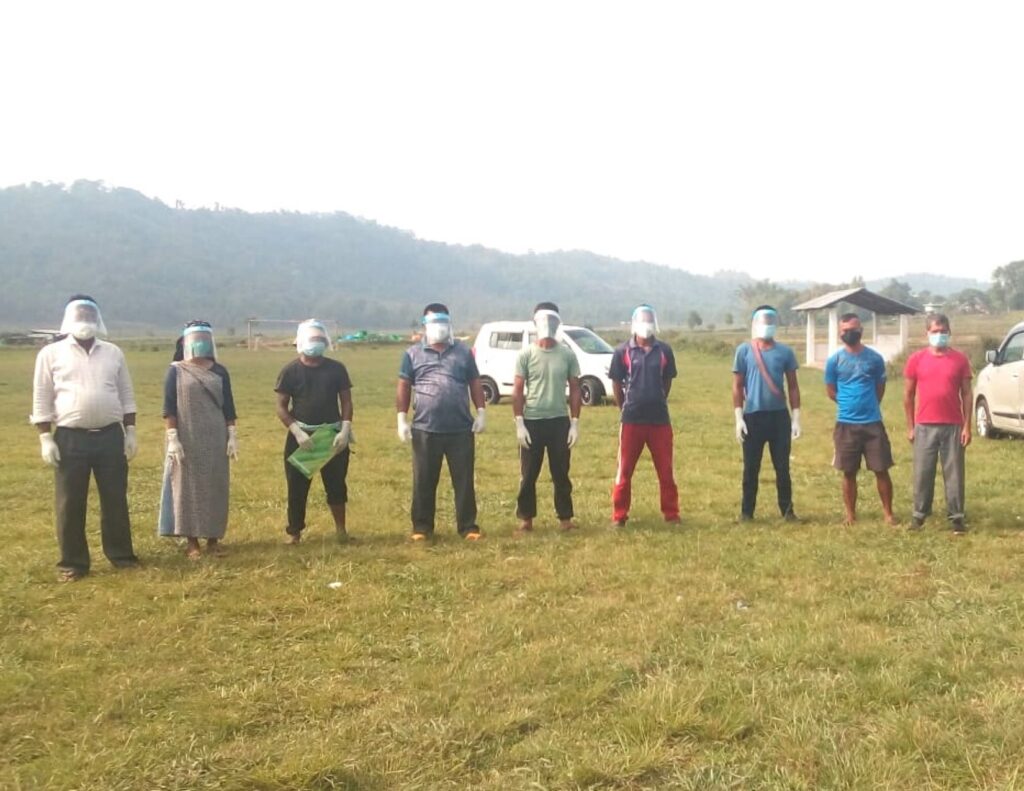
Along with the above, many of the initiatives undertaken by NESFAS have directly or indirectly influenced policy changes at a local as well as at the government level in Meghalaya. Agrobiodiversity Walks organised by NESFAS with Indigenous knowledge holders for youths have been a recurring theme in all the partner communities. The initiative has got a shot in the arm knowing that similar aims, promotion of indigenous knowledge systems (implicit not explicit) are also enshrined in the NEP-2020. Add to this, Pollinator’s study as a subject in school curriculum has been adopted in rural communities to empower and uphold a knowledge exchange for the generations in line. The groundwork has also been laid for the inclusion of school gardens in SUPW projects with the initiative having borne fruit in three schools.
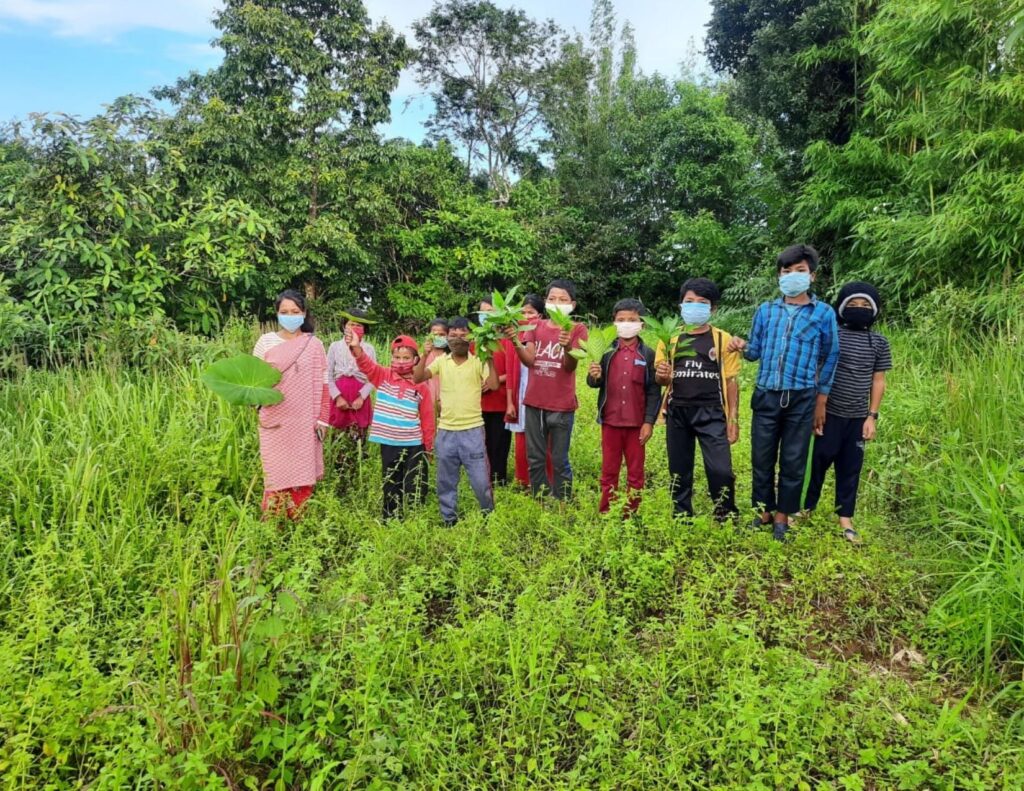
The consumption of locally sourced fruits and vegetables have also increased among children in indigenous communities as MDM (Mid Day Meals) and ICDS (Integrated Child Development Services) cooks come up with innovative recipes/dishes using local ingredients.
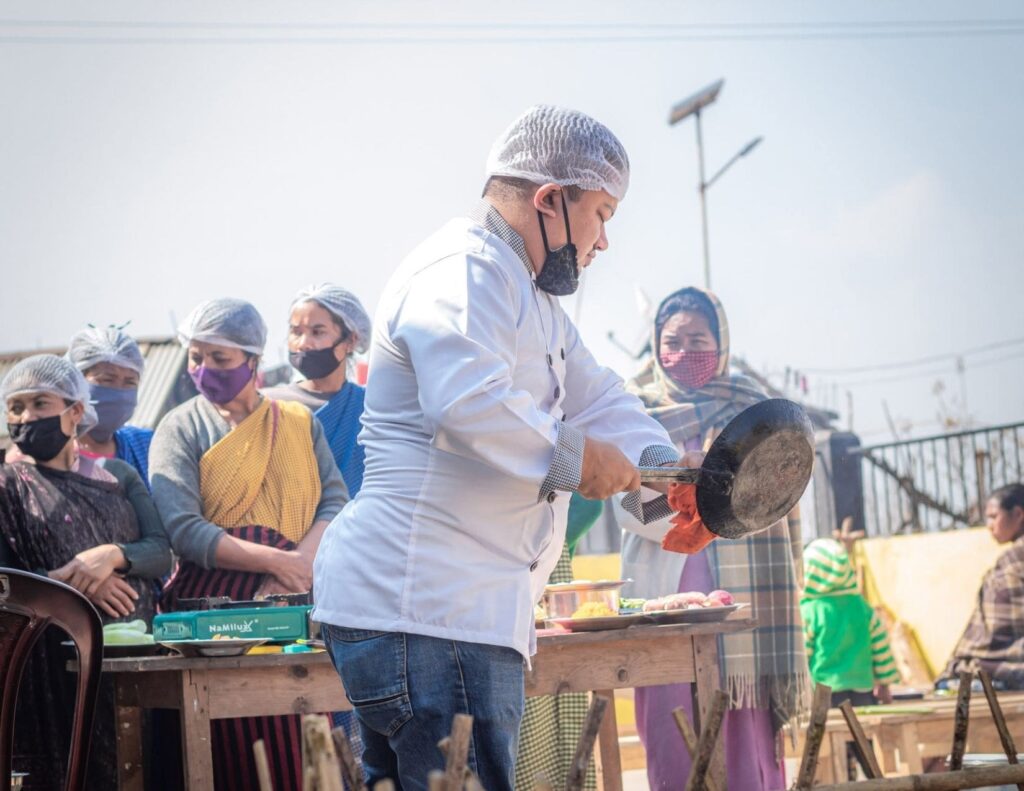
On top of this, Women and Youth empowering have been initiated through various entrepreneurial activities such as Mei-Ramew Cafes, Farm on Wheels, and Mei-Ramew weaves.
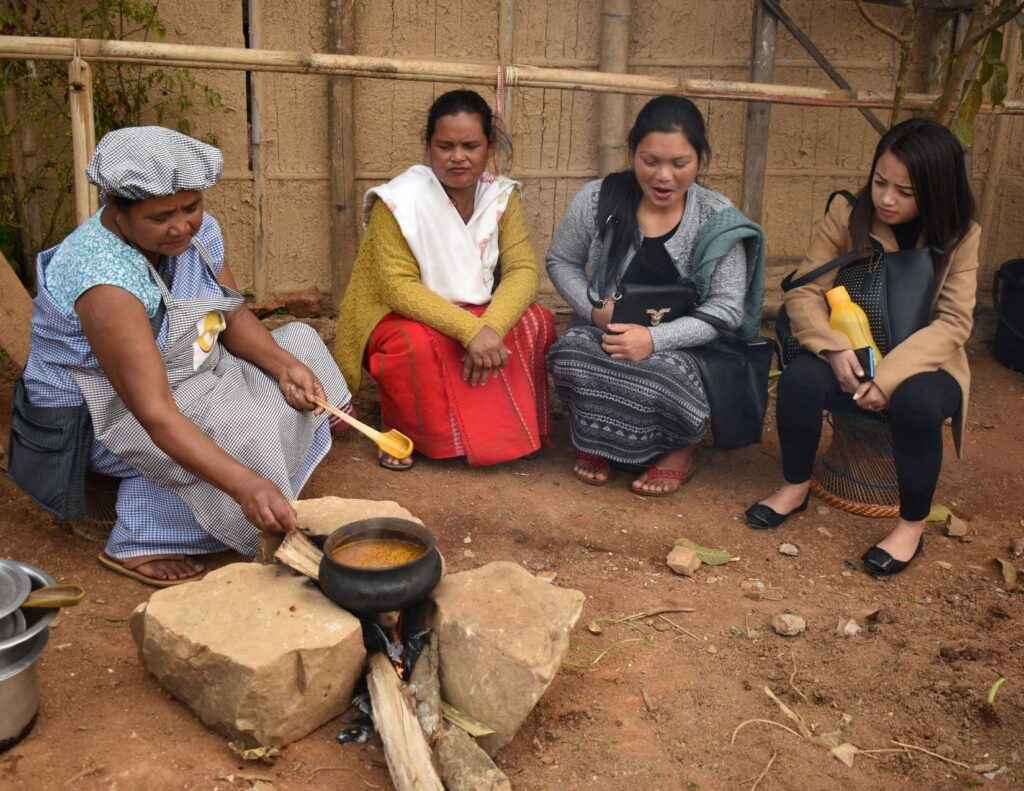
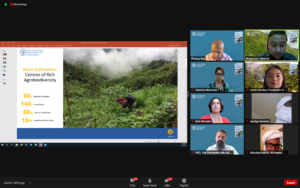
As recently as the last week of July, Bah Phrang Roy, founding Chairman of NESFAS, presented the Khasi Food System as part of the Indigenous Food Systems that is being projected as a game changing solution for healthier, more sustainable and equitable food systems in the Pre Summit Event of the UN FSS in Rome. Speaking on the International day of the World’s Indigenous Peoples, Bah Phrang’s message is clear and simple: “Indigenous Peoples are game changers in a world with a broken food system. They are the forgotten seeds of the future harvest we want.”

